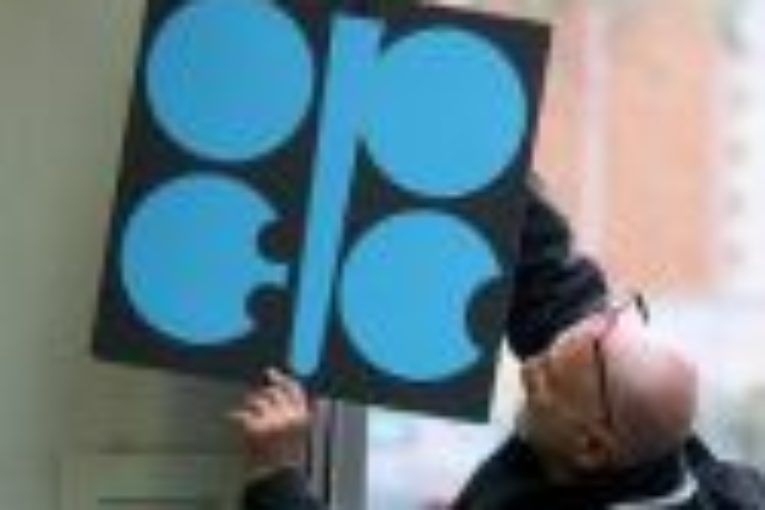
LONDON — Saudi Arabia and Russia started to raise their oil production several weeks before the formal decision to increase output was taken by OPEC and its allies towards the end of June.
Saudi Arabia increased its production to 10.49 million barrels per day (bpd) in June from 10.03 million in May and 9.87 million bpd in April, according to government data submitted to OPEC.
Russia’s Rosneft also started to raise output from late May, anticipating a relaxation of the supply curbs, according to an investor presentation released with the company’s second-quarter results on Tuesday.
The two largest suppliers within OPEC+ adjusted production first and then invited other members to ratify the decision that had already been taken when OPEC and non-OPEC producers met in Vienna on June 22 and 23.
The sequence of events confirms the locus of decision-making and power has shifted decisively away from OPEC and OPEC+ to Saudi Arabia and Russia.
OPEC has been marginalized as a decision-making group; the oil market has moved into a post-OPEC era where management is undertaken by Riyadh and Moscow with some political input from Washington.
Price Moves
The implication that the decision to increase production was taken and started to be implemented well before the OPEC+ meeting is consistent with movements in hedge fund positioning, spot prices and spreads.
Hedge fund managers began to reduce their bullish position in Brent and WTI crudes and options weeks before the decision was formally taken and announced.
Net long positions in Brent and WTI were cut from a peak of 1.093 billion barrels in mid-April to 790 million barrels by the end of the first week in June, and have changed relatively little since then.
Front-month Brent futures peaked around US$80 per barrel on May 22-23 and slid through most of June ahead of the OPEC meeting.
Brent calendar spreads have also been sliding since late April as traders anticipated greater availability of crude in the second half of the year.
Iran’s decision
The fact that the decision to raise output, and probably by how much, had already been taken helps explain much of what transpired in Vienna.
Iran’s oil minister, who initially appeared to oppose any rise in output, eventually consented to a statement that signaled an increase but without numbers or country allocations.
Because the output increase had already been agreed between Saudi Arabia and Russia, and was in fact underway, Iran had little choice.
The same is true for a number of other OPEC members that opposed an output increase.
The Iranian minister could have refused to agree to the statement, in which the output increase would have continued anyway, or agreed to a consensus statement that omitted contentious allocations.
Unsurprisingly, the minister opted for the latter, since it provided a modicum of face-saving, but it shows the extent to which other members of OPEC now have minimal bargaining power.
Political Shield
Russia and especially Saudi Arabia have strong reasons to want to keep OPEC and OPEC+ formally involved in decision-making.
OPEC provides a convenient political shield against criticism from consumer countries, especially the United States.
U.S. President Donald Trump’s twitter messages have blamed rising oil prices on OPEC rather than Saudi Arabia, OPEC’s de facto leader, specifically.
Saudi Arabia will probably want to ensure that output decisions remain attributed to OPEC or OPEC+ rather than assume sole responsibility or joint accountability with Russia, which is not a member of the Organization of the Petroleum Exporting Countries.
OPEC allows Saudi Arabia to deflect criticism of its production decisions and helps separate oil policy from other aspects of the bilateral relationship such as security and policy towards Iran.
But the fact that decisions are taken in the name of OPEC should not obscure the fact real decision-making has moved elsewhere.
The real negotiations now take place between Riyadh and Moscow, behind closed doors and far away from OPEC headquarters in Vienna, reflecting their market calculations, and relationships with the United States.
John Kemp is a Reuters market analyst. The views expressed are his own
© Thomson Reuters 2018
You can read more of the news on source
